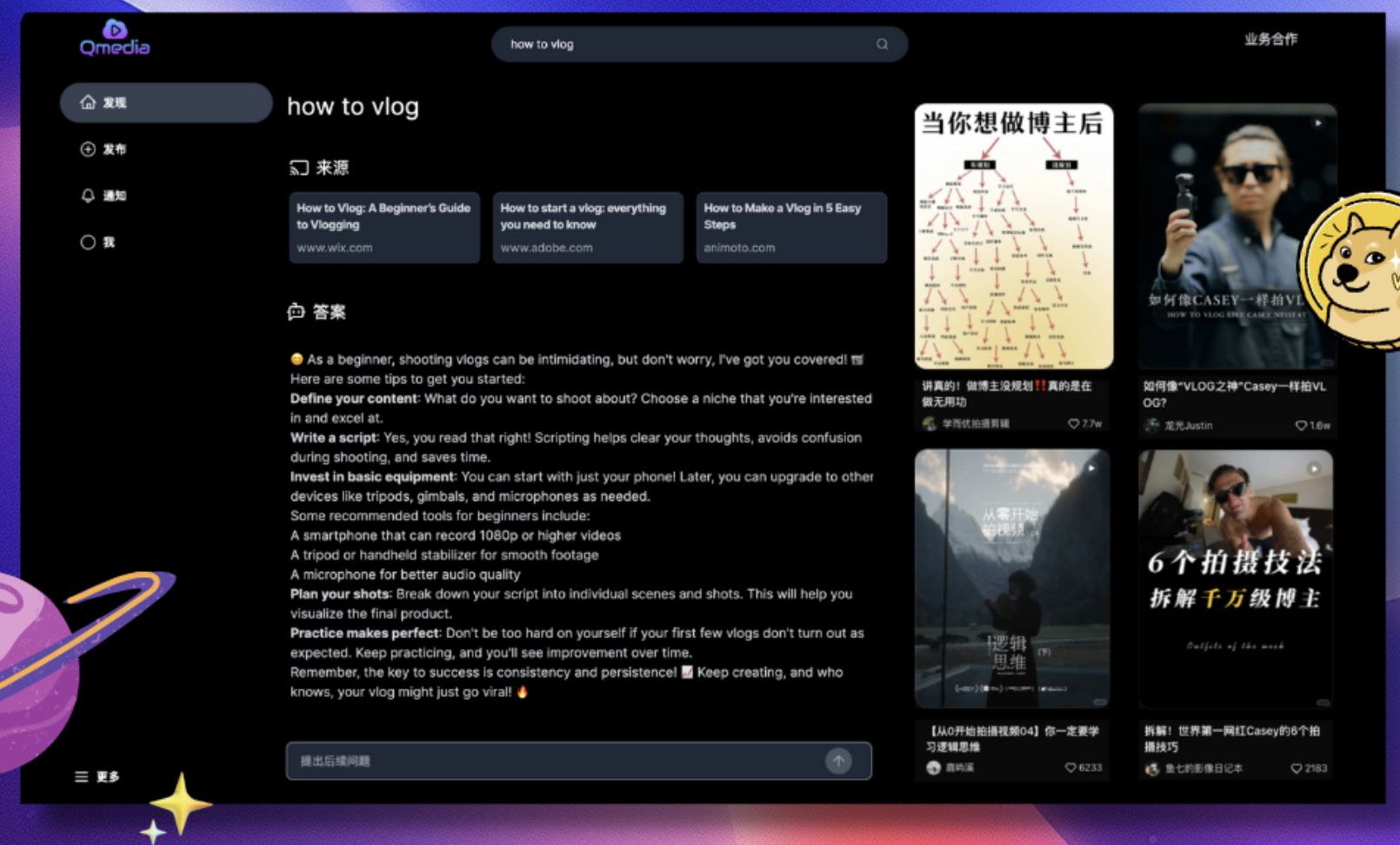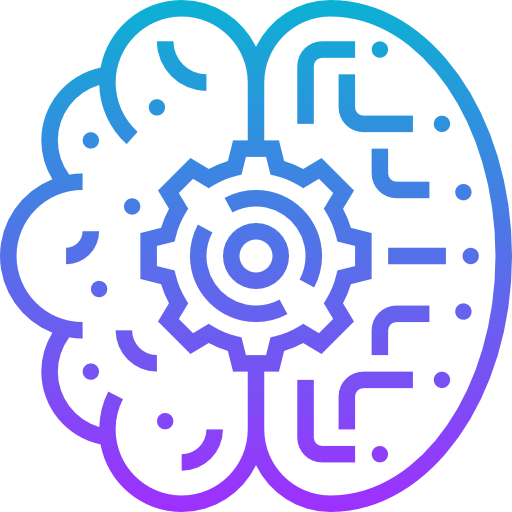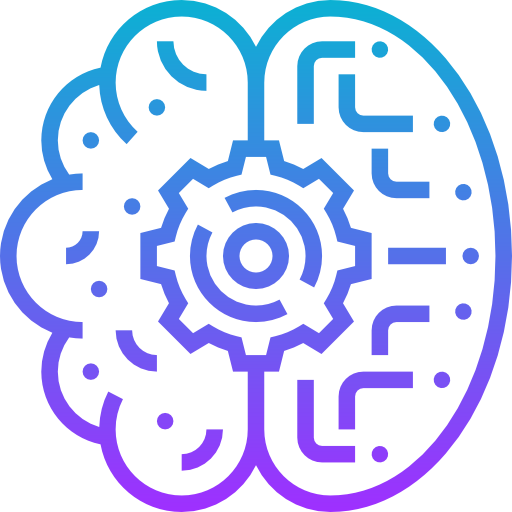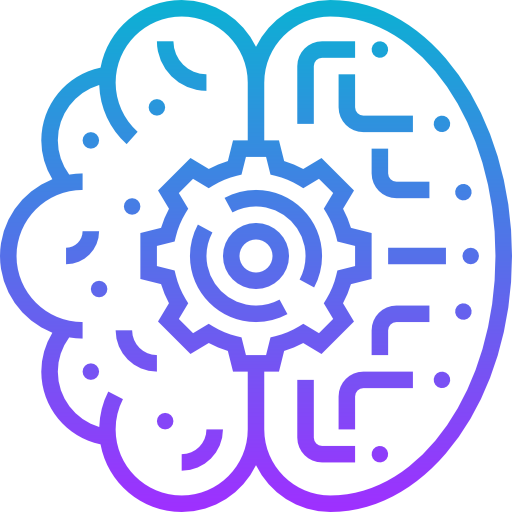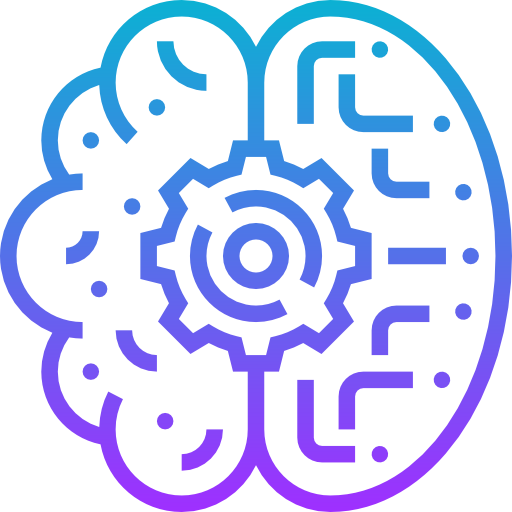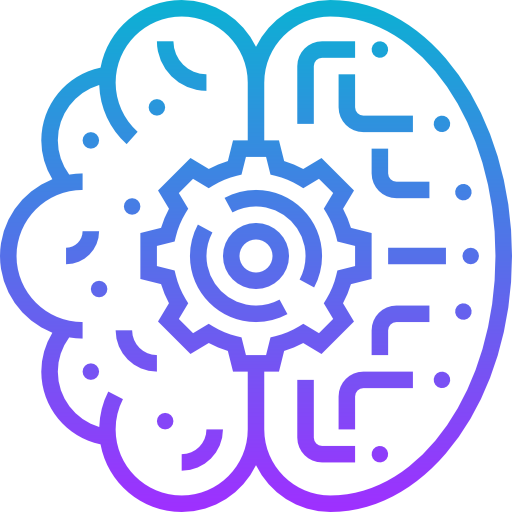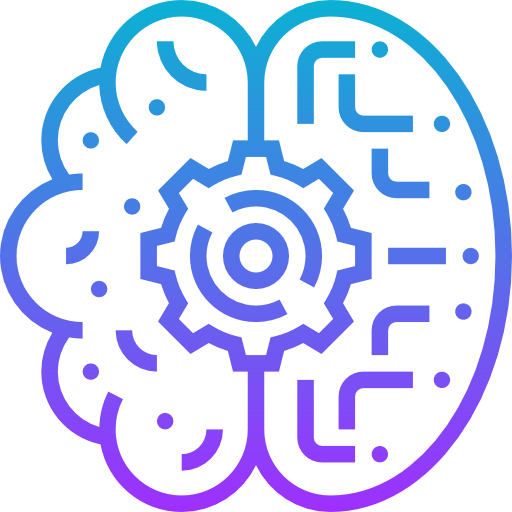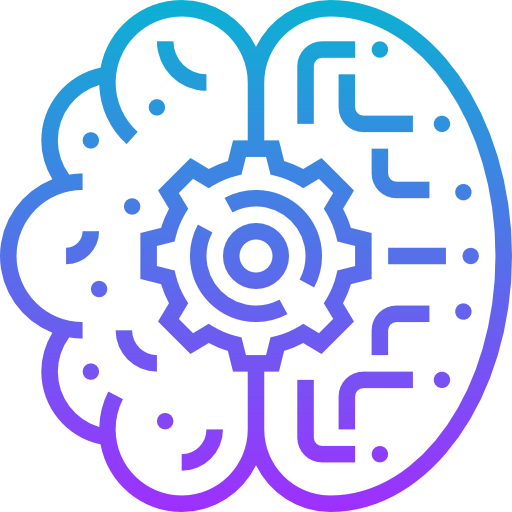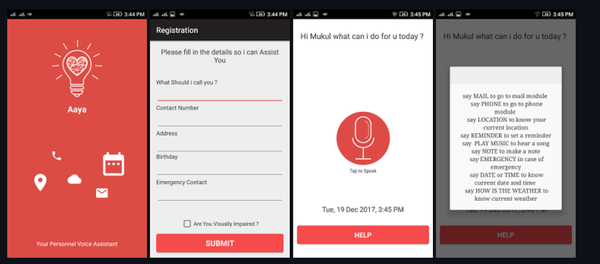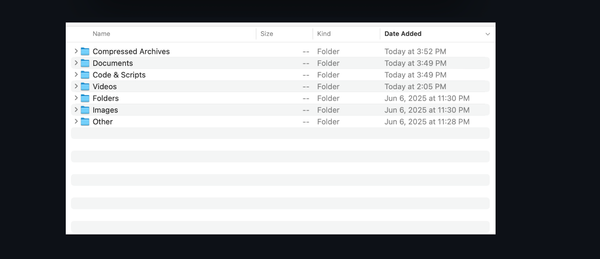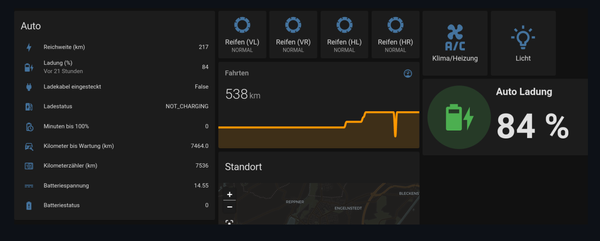AI Search Hype vs. Reality: Why Google's Old-School Magic Still Wins, Is it the End of Honeymoon Phase for AI Search?
Table of Content
Why people are getting back to use Google and Traditional Search Engines, instead of using AI?
Okay, let's break down why folks are circling back to good ol' Google and traditional search engines instead of relying solely on AI chatbots.
Why people are getting back to use Google and Traditional Search Engines, instead of using AI?
We're seeing a fascinating pendulum swing. Initially, AI chat felt like magic – instant answers, conversational flow, no more sifting through pages of blue links. But then reality set in.
The honeymoon phase revealed some pretty significant growing pains, and people are realizing that for a lot of tasks, the trusty search engine still reigns supreme.
Why AI is not Good Yet in Search?
Here's the lowdown on why folks are hitting the brakes on AI-first searching:
1- Fabricated Results:
AI doesn't just summarize; sometimes it confabulates and fabircates. It can confidently spit out facts, names, dates, or code snippets that simply aren't true.
You ask for a specific library function, and it gives you one that looks plausible but doesn't exist. Good luck debugging that!
Traditional search returns actual sources, websites, docs, forums, where you can trace the information back to its origin and verify its legitimacy.
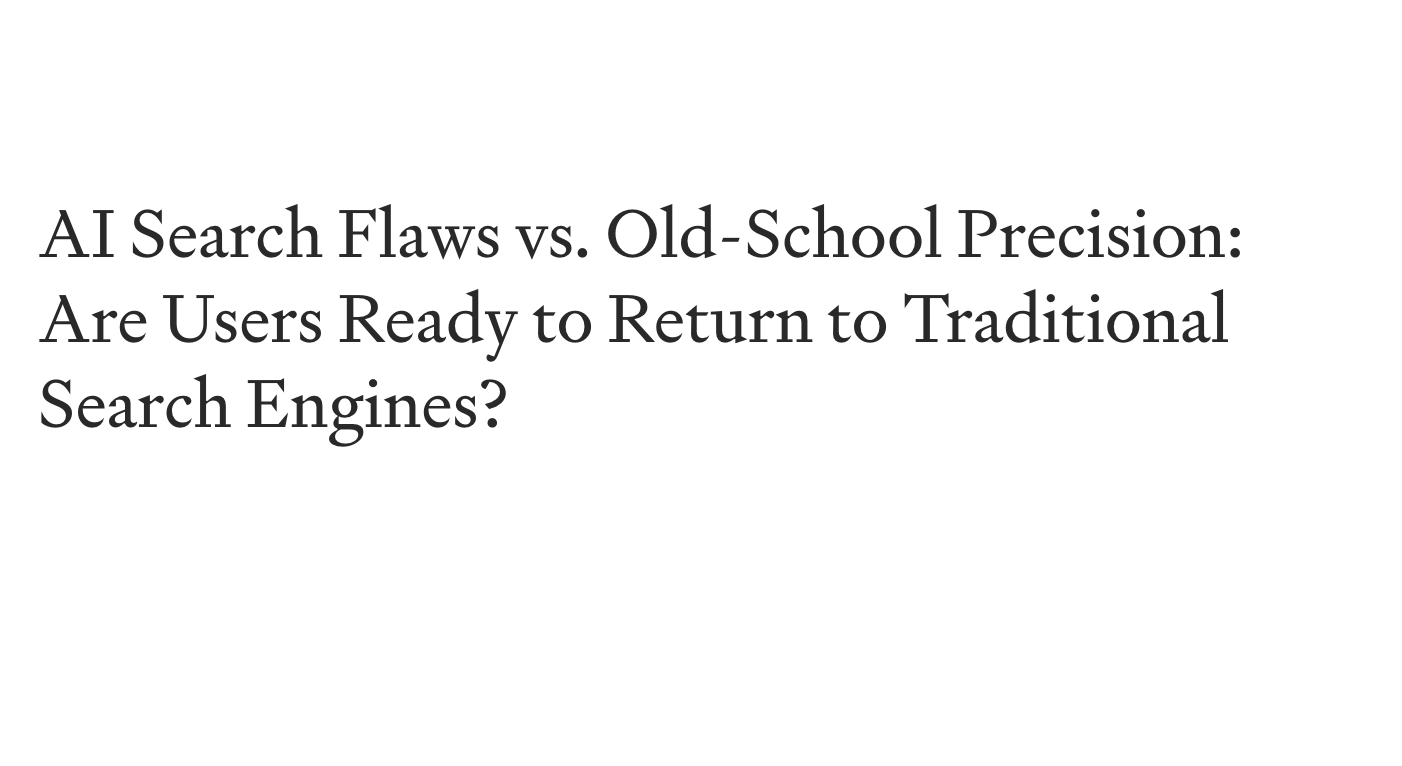
2- Hallucinated Feedback:
This is the cousin of fabrication. AI might reference studies, quotes, or data that are completely made up.
It fills in the gaps with plausible-sounding nonsense, making it incredibly difficult to distinguish fact from fiction without external verification, which often means... yep, going back to a search engine to check.
3- Opinionated Results (Yes AI is Biased):
While traditional search can be biased, AI models often bake in biases from their training data in subtler, harder-to-detect ways. The phrasing, the assumed context, or even the type of answer provided can reflect a particular viewpoint, whether political, cultural, or corporate.
A search engine presents a variety of sources, letting you piece together a more balanced picture.
4- The Chat UI Isn't Always King:
The conversational flow is great for brainstorming or refining a fuzzy question. But for many search tasks, it's actually slower.
Need a quick recipe, a specific error code solution, or a list of tools? Scanning a results page is often way faster than typing out a multi-turn dialogue. The back-and-forth can feel clunky when you know exactly what you need.

5- The Source Snitch:
Ever gotten an answer from AI and thought, "Cool, but where did you learn that?" Traditional search excels here. It doesn't just give you the answer; it hands you the library. You get links, domain names, publication dates.
This is crucial for research, academic work, or any situation where you need to cite your sources or understand the context and credibility behind the information.
What drives many To the classic Search Engines?
And here are five more reasons pushing people back to classic search:
1- Stale Data Abyss:
Many AI models have a frustrating knowledge cutoff date. Ask about something that happened after that date, and you'll get either a polite "I don't know" or potentially outdated info presented as current. Search engines crawl the live web, giving you access to the freshest news, updates, and developments.
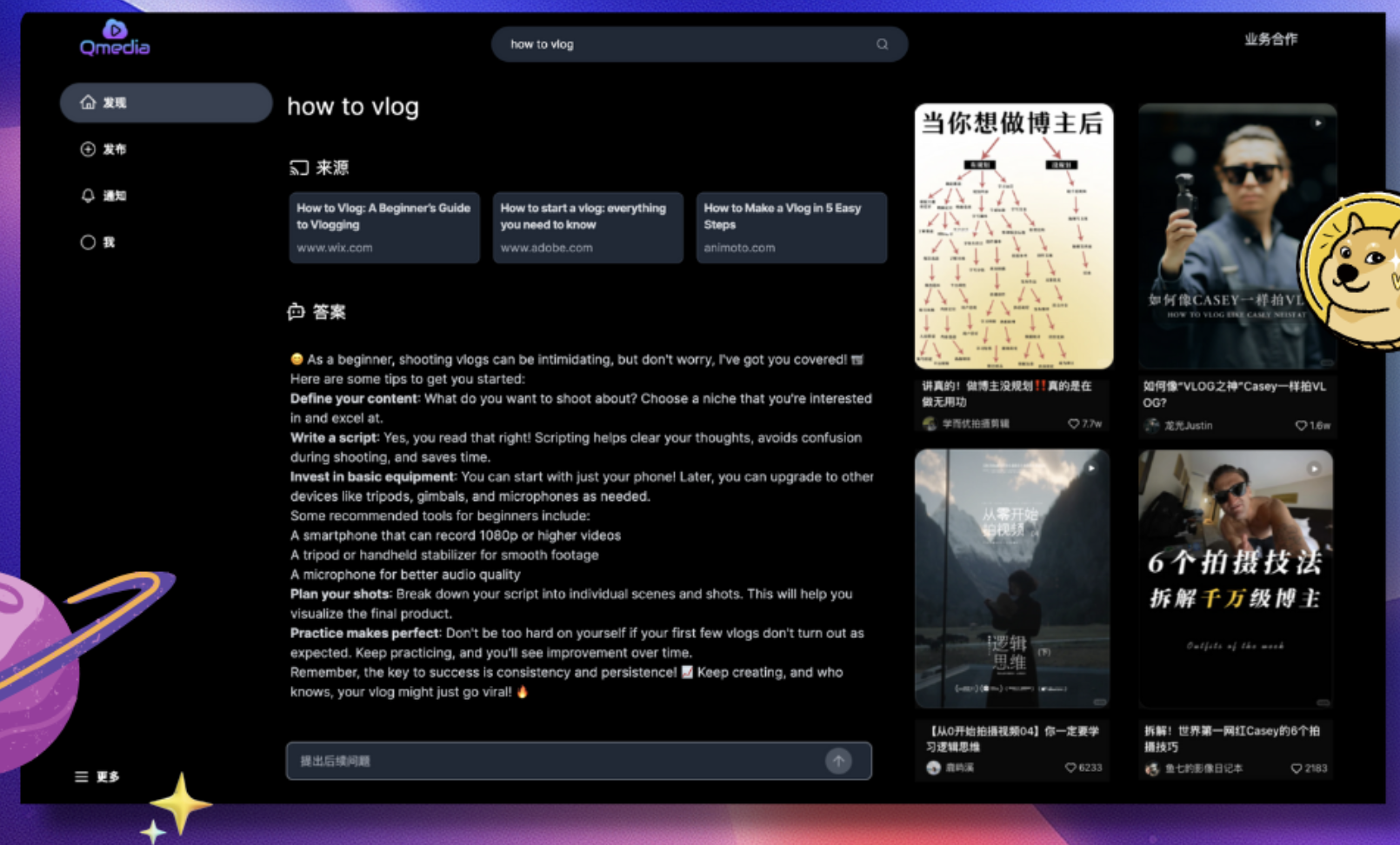
2- No Clickable Links, No Deep Dive:
AI responses often summarize or paraphrase. But sometimes you need the original webpage. Maybe it's for the specific formatting, an image, a downloadable file, or just to explore the site's full context. AI typically can't hand you that direct URL.
3- The Repetitive Tango:
If the AI misunderstands your query, you're stuck in a loop, rephrasing and hoping it grasps your intent correctly this time.
A simple search lets you instantly see results for different keyword variations and quickly refine your approach based on what actually comes up.
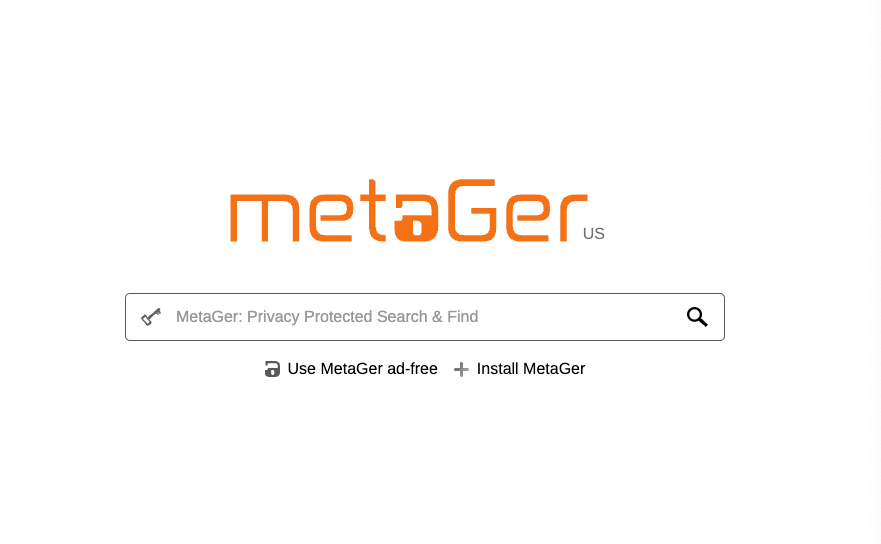
4- Black Box Blues:
It's often unclear how the AI arrived at its answer. Was it based on one obscure blog post or a consensus across thousands of sources? Search engines make the underlying information landscape visible, offering transparency into the breadth and source of knowledge available on a topic.
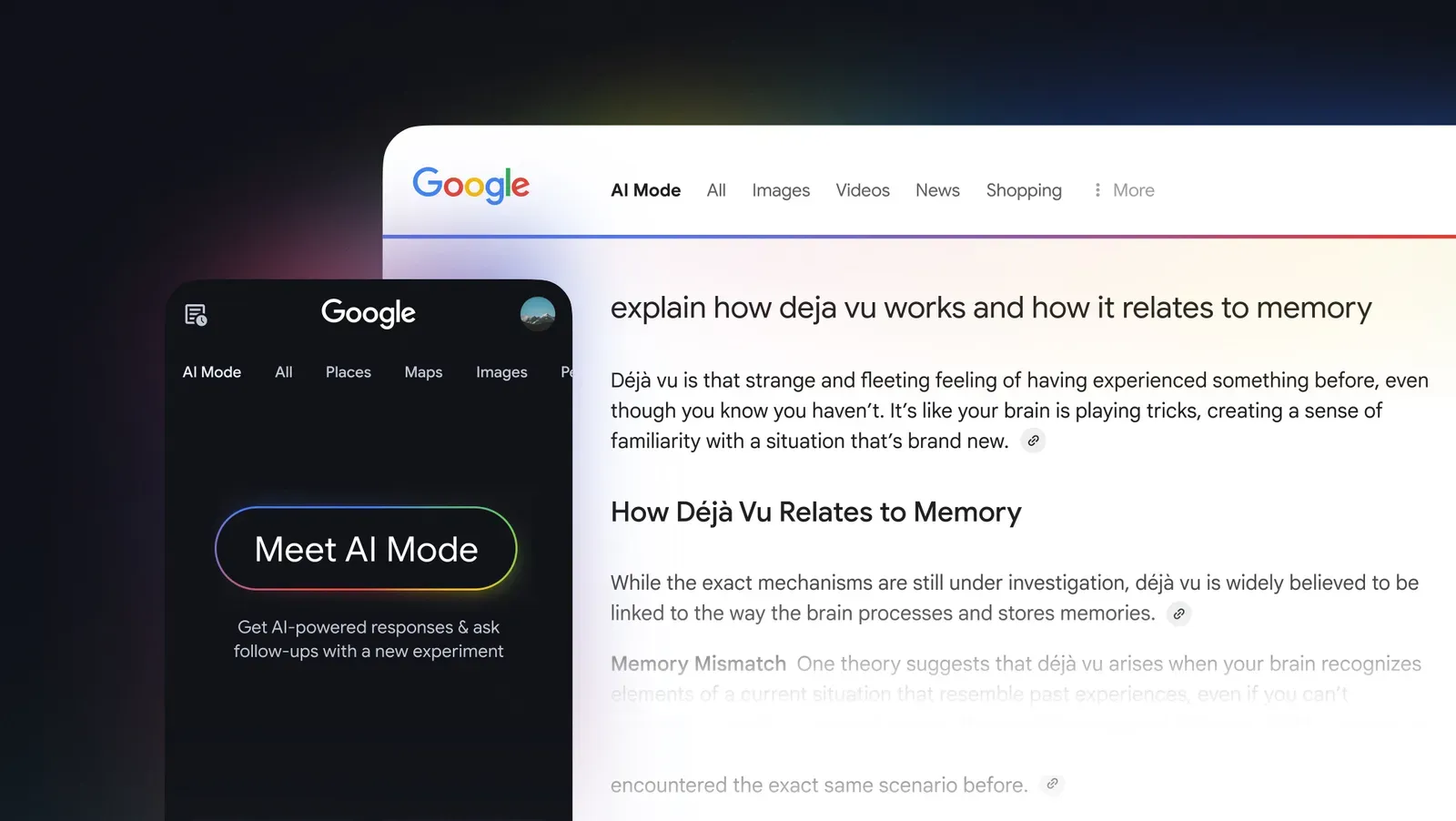
5- Cost & Access Barriers:
Not all AI search tools are free. Premium features or usage limits can make extensive querying expensive. Traditional web search, while often monetized via ads, remains broadly accessible at no direct cost for basic queries.
Well, Google and other search engines are still free!
So, while AI chat has its moments, the reliability, transparency, and sheer speed of traditional search engines for fact-finding missions are proving hard to beat. It's less "AI is bad," more "search engines still do the foundational job incredibly well."
